Career Resources
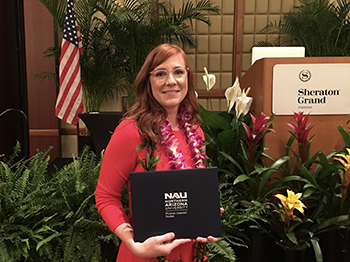
Tips for New PAs on How to Grow Your Role at Work
Are you a new PA who is ready to grow your role and increase responsibilities at work? Two members of the Early Career PA Commission, Allyson Hamacher, PA-C, and Jack Ward, PA-C, share tips for other early career PAs.
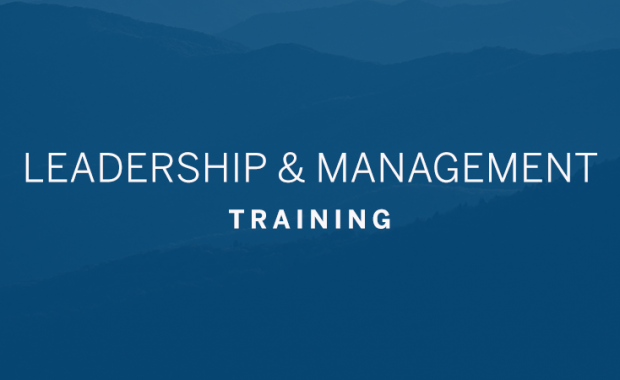
Leadership & Management Training Courses
These 1-hour online courses focus on topics such as billing and reimbursement, compliance, leadership styles, metrics, and advocacy.
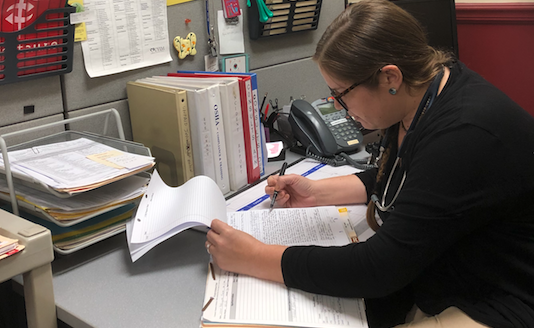
A Day in the Life of PA Faculty and Clinician
Nicole S. Cournoyer, PA-C, faculty member at Thomas Jefferson University, started her career in a community-based oncology office. Teaching patients and family members about disease processes, medications and interventions led to lecturing then teaching full-time at her alma mater.

4 Non-Salary Negotiations PAs Need to Consider
For most professionals, the words “negotiate” and “salary” often go hand-in-hand. But when employers can’t increase your salary offer, you may find them willing to increase or improve other areas of the benefits package to entice you to work for them.
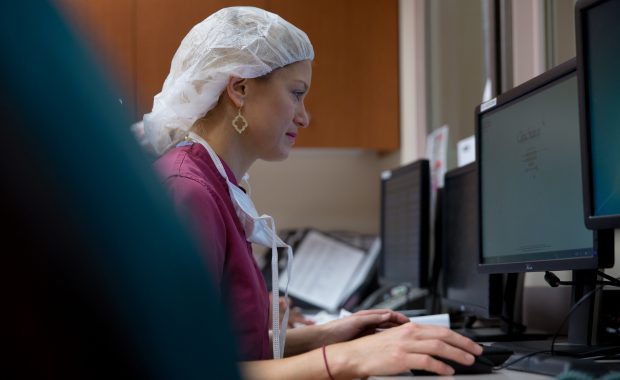
You’ve Been Hacked! Lessons Learned from a Cyber Breach
A small Texas practice’s electronic health records were hacked and held for ransom. For days, while pen and paper kept the practice going, a PA wondered whether she’d face a financial hit from the cyber breach.
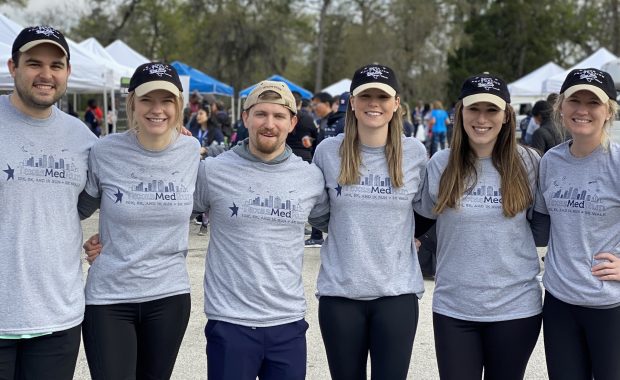
Day in the Life of a Texas Children’s Hospital Pediatric Surgical PA Fellow
Pediatric Surgery Community Fellow at Texas Children’s Hospital, Devon Gersh, PA-C, describes a day in her life during the rigorous 12-month program at Texas Children’s community hospital in The Woodlands. Fellows get the opportunity to rotate through multiple subspecialties of surgery.
PA Application Secrets: Your PA Application
In this one-hour webinar, learn what it takes to get into PA school and how to make yourself a more competitive applicant.
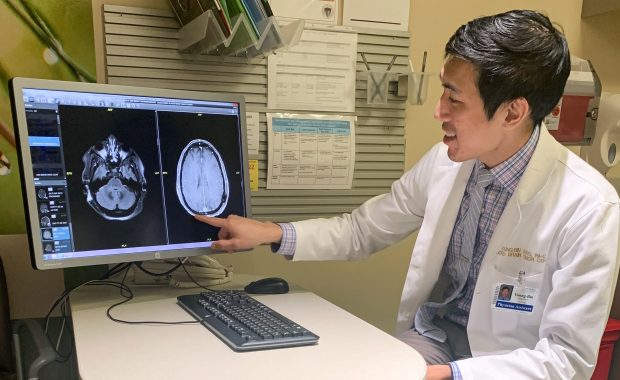
What PA Practice Looks Like in Neuro-Oncology
Young-Bin Song, MCHS, PA-C, describes his practice at a multi-disciplinary neuro-oncology/radiation oncology brain tumor clinic at the University of Washington School of Medicine. Communicating with the patient population, he relates, requires preparation, practice, and patience.
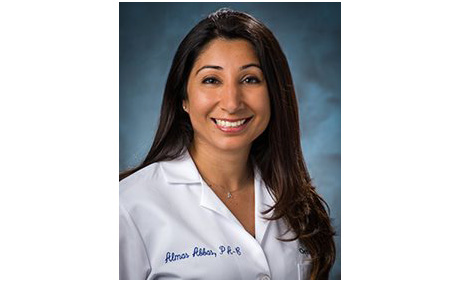
A Career in Orthopaedics: Why I Love the Specialty
Almas Abbas, PA-C, grew up playing sports – and getting injured. Her on-field experiences inspired an early interest in how the body works and how best to treat herself, and eventually led to a career as a PA in orthopaedics.
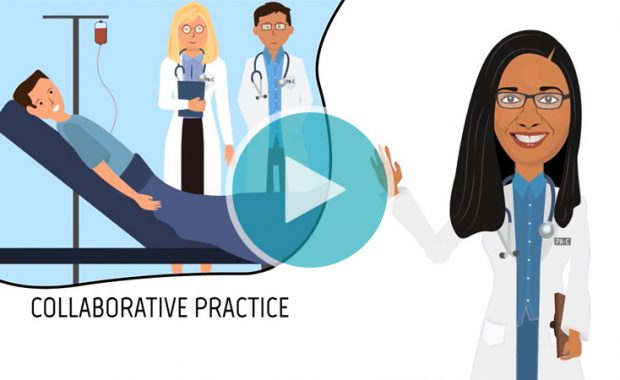
Video: Educating Employers About PAs
Be ready to educate your current and future employers about working with PAs using these talking points.

Video: Finding Your New PA Job
From your first position to your next career move, be prepared for the job search with these tips and tools in AAPA’s Career Central.

Sponsored
Country Living: Working as a PA in Rural Healthcare
Things are different in the country, and healthcare is no exception. PAs who leave the big city to work in the country are in for a unique and rewarding experience. Here’s what a few PAs had to say about working in a rural setting.
Rocking Your Personal Statement
In this one-hour webinar, learn what it takes to get into PA school and how to make yourself a more competitive applicant.
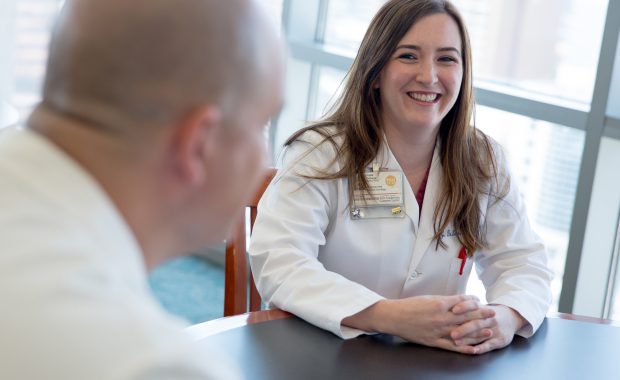
Feeling Unfulfilled? You Might Need a New Job
Changing jobs is one of the most impactful ways of creating positive change in your PA career. Is it time for you to move on from a position that is no longer inspiring, sustainable, or financially rewarding?

8 Networking Tips for PAs
No matter your career stage, networking plays a vital role in landing the position that’s right for you. Join AAPA to access a network that’s 60,000 PAs strong and use these eight tips to help you polish your networking skills.

